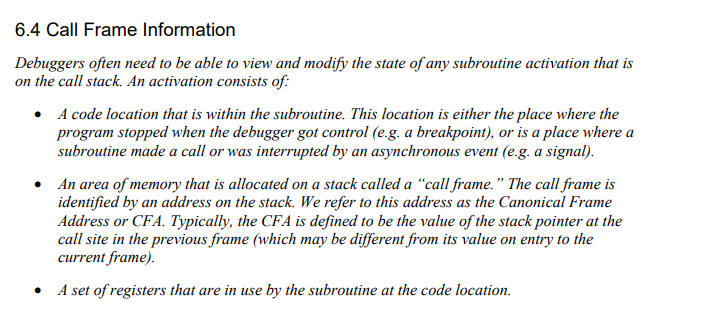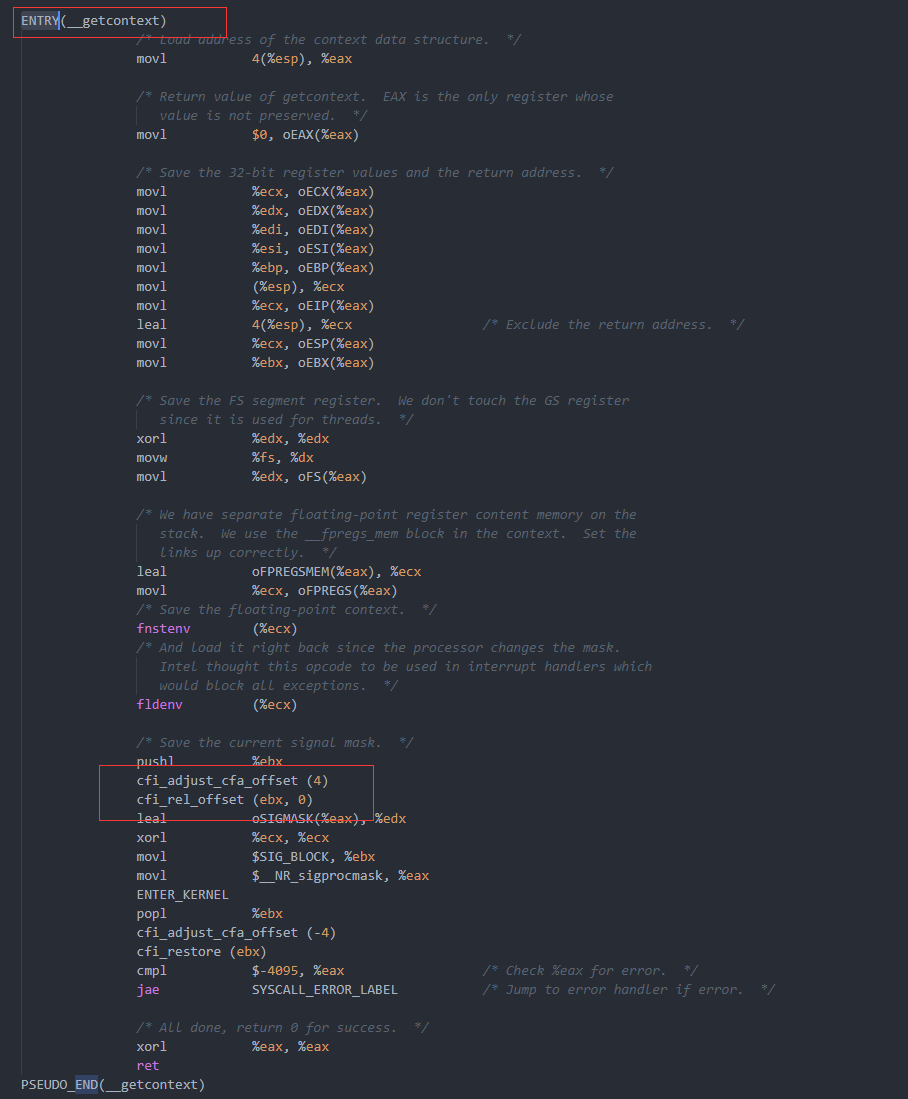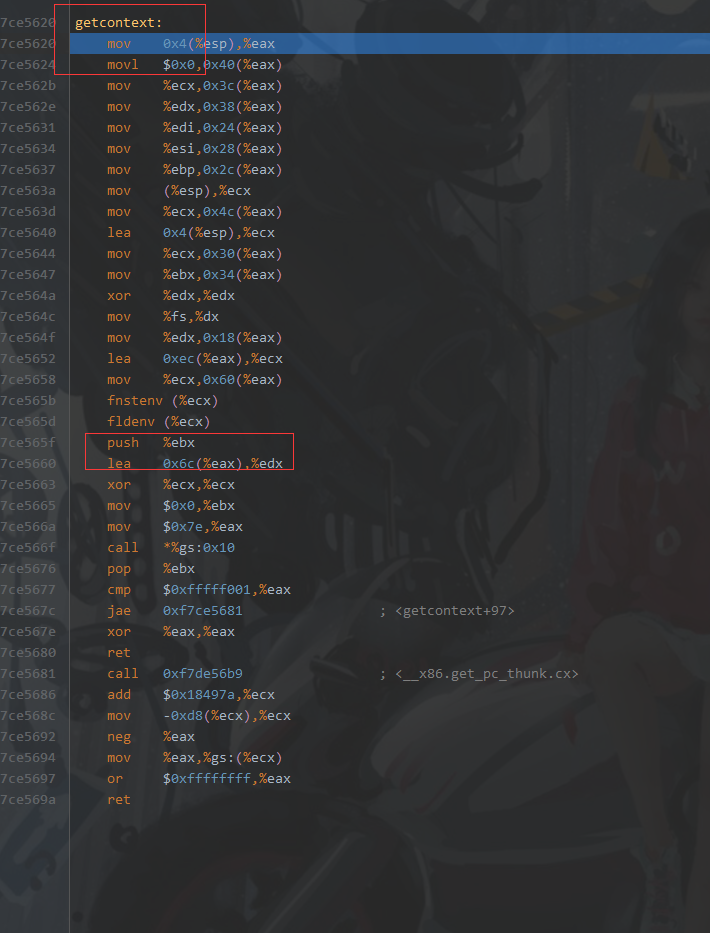1
2
3
4
5
6
7
8
9
10
11
12
13
14
15
16
17
18
19
20
21
22
23
24
25
26
27
28
29
30
31
32
33
34
35
36
37
38
39
40
41
42
43
44
45
46
47
48
49
50
51
52
53
54
55
| input_BigStruct_1:
pushq %rbp
movq %rsp, %rbp
// rbp 向上就是参数
movq $1, 16(%rbp)
popq %rbp
ret
test_func_1:
pushq %rbp
movq %rsp, %rbp
// 分配栈空间
subq $160, %rsp
// 初始化第一份数据
leaq -80(%rbp), %rsi
movl $0, %eax
movl $10, %edx
movq %rsi, %rdi
movq %rdx, %rcx
rep stosq
leaq -80(%rbp), %rax
movq %rax, %rdi
call _ZN9BigStructC1Ev
// 复制第二份数据
movq -80(%rbp), %rax
movq %rax, (%rsp)
movq -72(%rbp), %rax
movq %rax, 8(%rsp)
movq -64(%rbp), %rax
movq %rax, 16(%rsp)
movq -56(%rbp), %rax
movq %rax, 24(%rsp)
movq -48(%rbp), %rax
movq %rax, 32(%rsp)
movq -40(%rbp), %rax
movq %rax, 40(%rsp)
movq -32(%rbp), %rax
movq %rax, 48(%rsp)
movq -24(%rbp), %rax
movq %rax, 56(%rsp)
movq -16(%rbp), %rax
movq %rax, 64(%rsp)
movq -8(%rbp), %rax
movq %rax, 72(%rsp)
// 直接调用, 即: 参数放在栈上传入了, 上面那份复制的直接用于参数
call input_BigStruct_1
leave
ret
|





